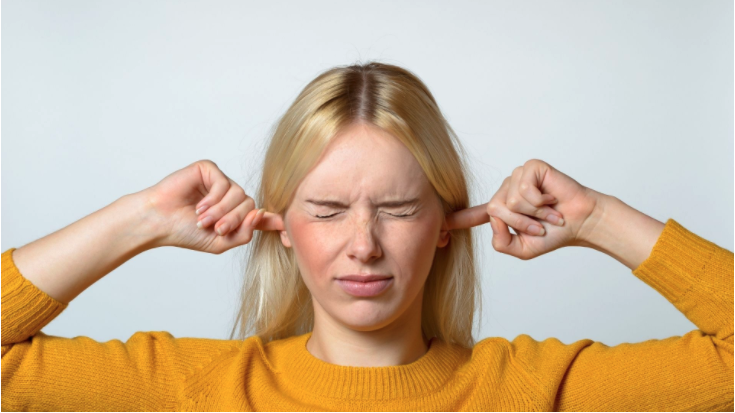

It’s one of the things we hear said most often when we’re on video shoots – but there’s an explanation for it. And it all makes sense.
So why is it that we hate the sound of our own voice?
There are a number of explanations for this (none of which we can take credit for – much smarter people than us have worked this out).
In July 2018 there was an article published by The Guardian which outlined the reasons why.
With us all enduring more video conference calls than ever before as a reuslt of COVID-19 we’ve become much more aware of how we sound, and much more exposed to hearing our own voice than ever before.
Personally, I got to the point where I accepted what recordings of my own voice sounded like by realising that it’s what everyone else has to listen to when I’m speaking – but it turns out that this may not be the case.
The article from The Guardian is worth a read but there are a few key points that it highlights:
There’s a lot more interesting detail in The Guardian ariticle.